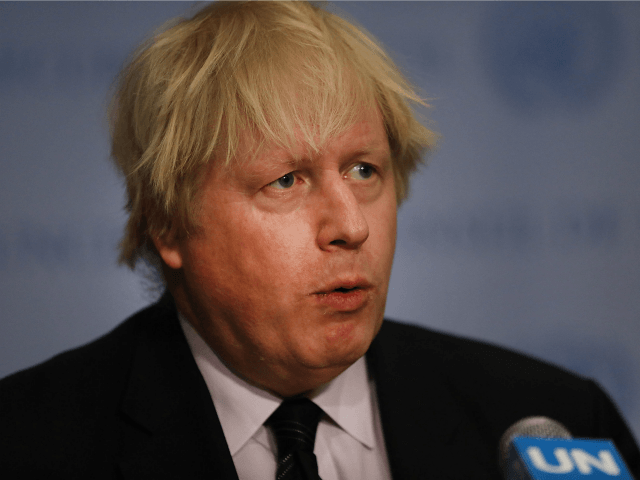Free Movement between the European Union (EU) and the United Kingdom could continue after Brexit, says Foreign and Commonwealth Secretary Boris Johnson.
Asked if Britain might be willing to submit to the Free Movement regime by Reuters TV, the former Mayor of London confirmed that it was possible.
“Ideally I think [a deal] could be done, what with goodwill and imagination it could be done as fast as – I think it can be done in two years,” he told media in Greece.
“In the last ten years I have been one of the few British politicians to speak up on the benefits of immigration,” he continued. “We don’t want to close the doors. We simply want to have a system that is balanced.”
It is difficult to see how it would be possible for the British government to ensure any kind of balance if subject to the Free Movement requirements of the Single Market, which do not allow immigration to be either limited or effectively vetted.
The Foreign and Commonwealth Secretary’s comments went beyond those of Prime Minister Theresa May, who recently remarked that Free Movement rights might be extended for a period, but gave the impression that genuine immigration controls would, ultimately, be non-negotiable.
“What is crucial for the British public, what was part of the vote that they took last year, was that they want to ensure that we have control of our borders and control of our immigration,” she insisted.
“That’s exactly what we will do when we come out of the European Union.”
The latest ONS estimates, based on International Passenger Survey (IPS) data, show that immigration remains near record levels, with arrivals from Romania and Bulgaria at an all-time high.
Fully 180,000 EU nationals were said to have travelled to the UK for work in the year to September 2016 – of whom 47 per cent admitted to having no definite job to go to – with total gross immigration standing at 596,000.
The ONS recorded 626,000 National Insurance Number registrations by EU nationals and 198,000 National Insurance Number registrations by non-EU nationals during the same period, however, suggesting that its IPS-based estimates are not likely to be especially reliable.
The Public Administration Select Committee has previously described Britain’s immigration estimates as “little better than a best guess”.

COMMENTS
Please let us know if you're having issues with commenting.